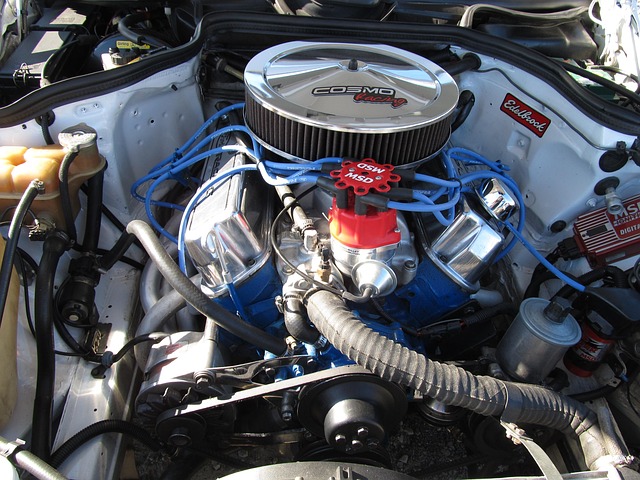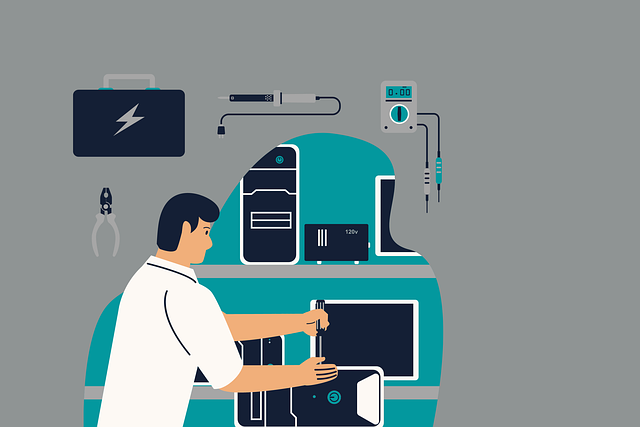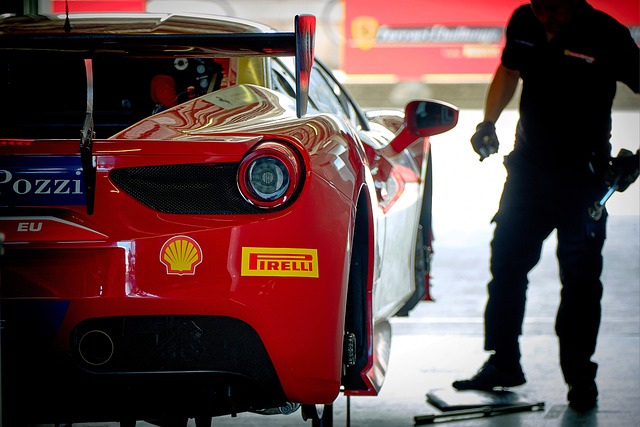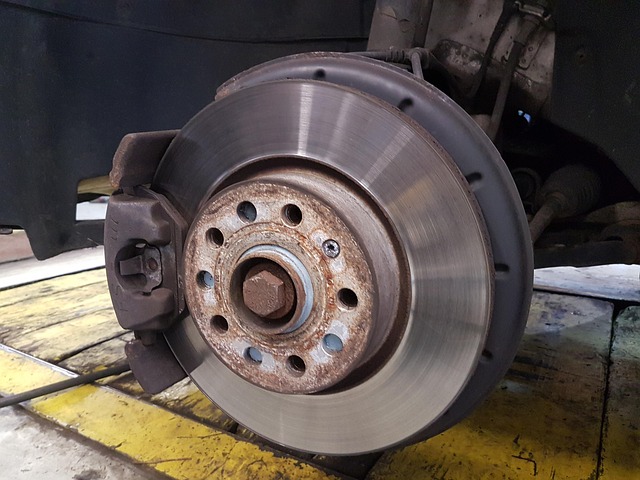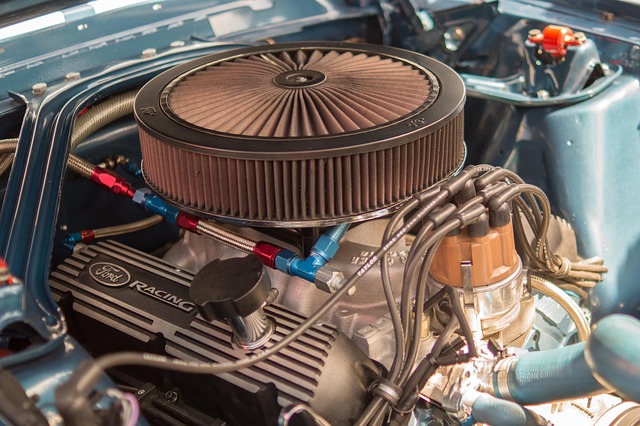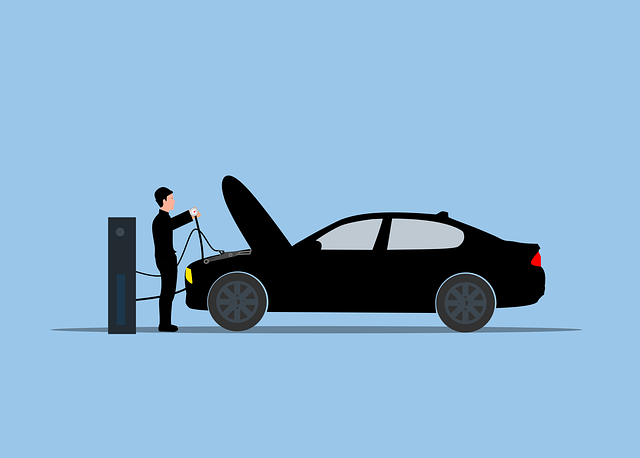When facing vehicle damage, drivers should consider repair or replacement based on age, condition, severity, and financial aspects. For minor issues, repairs are cost-effective and preserve the car's pre-incident state. However, significant accidents or worn-out parts may require replacement for safety and optimal performance. Informed decisions save money and enhance driving experiences, with regular maintenance complementing repair strategies.
Making the choice between repairing or replacing your car can be a daunting task for any driver. This comprehensive guide aims to navigate you through the process, empowering you with knowledge. We’ll explore the nuances of ‘repair vs replace,’ offering insights on when each option is ideal. Additionally, we provide a detailed checklist of factors to consider and practical tips to ensure informed decisions, helping you extend your vehicle’s lifespan.
- Understanding Repair vs Replace: When to Choose Each Option
- Factors Influencing Your Decision: A Comprehensive Checklist
- Practical Tips for Making Informed Choices: Maximize Vehicle Lifespan
Understanding Repair vs Replace: When to Choose Each Option

When faced with a damaged vehicle, drivers often grapple with the question: “Should I repair or replace?” This decision involves careful consideration of various factors. Generally, minor issues like scratches, dents, or small mechanical problems are better candidates for repair, especially if your car is relatively new. Auto collision repair can restore these vehicles to their pre-incident condition, saving you money on a new set of tires, auto painting, or even major engine components.
For more significant damages, including serious accidents or severe wear and tear, replacement may be the wiser choice. Components like brakes, engines, or transmissions that are beyond repair or have reached their expected lifespan often require complete replacement. While this comes at a higher cost, it ensures your safety and vehicle performance. Remember, timely decisions between repair vs replace can significantly impact your driving experience and wallet.
Factors Influencing Your Decision: A Comprehensive Checklist

When faced with a repair vs replace dilemma for your vehicle, several factors come into play. It’s essential to consider both financial and practical aspects before making a decision. One key consideration is the age and overall condition of your car. Older vehicles may be more suitable for repairs, as replacing certain parts could be cost-prohibitive. Conversely, newer cars with advanced technology might benefit more from replacement to stay up-to-date with safety and performance standards.
Another crucial element is the severity of the damage. A minor car dent repair can sometimes be a quick fix, saving you money compared to replacing entire panels. However, for more extensive damages like engine issues or frame problems, replacement might be inevitable. It’s also wise to compare estimates from different auto repair shops, especially for specialized services like Mercedes-Benz repair, to ensure you’re getting the best value for your investment.
Practical Tips for Making Informed Choices: Maximize Vehicle Lifespan

Making informed decisions about repair vs replace choices is key to maximizing your vehicle’s lifespan and saving money. Start by assessing the extent of damage. Minor dents, scratches, or small mechanical issues often lend themselves well to repairs at an automotive body shop. These fixes can restore your car’s appearance and functionality without breaking the bank. An auto bodywork specialist can provide expert advice on the best course of action, ensuring a quality repair that extends your vehicle’s life.
Regular maintenance plays a crucial role in this process too. Keeping up with scheduled services and performing basic repairs as they arise can prevent more significant, costly problems down the line. Remember, while replacing certain components might seem like an easier option, extensive repairs or parts replacement may be necessary to ensure safe and reliable vehicle operation. Weighing these options carefully will help you make informed decisions, ultimately leading to a longer-lasting ride.
When faced with the dilemma of repairing or replacing your vehicle, this guide has equipped you with the knowledge to make informed decisions. By understanding the costs, benefits, and long-term implications of each option, along with the factors that influence your choice, you can navigate this repair vs. replace conundrum confidently. Remember, prioritizing regular maintenance and addressing issues promptly can significantly impact your vehicle’s lifespan. With these practical tips in hand, you’re now empowered to make choices that best serve your driving needs while maximizing value and minimizing stress.

